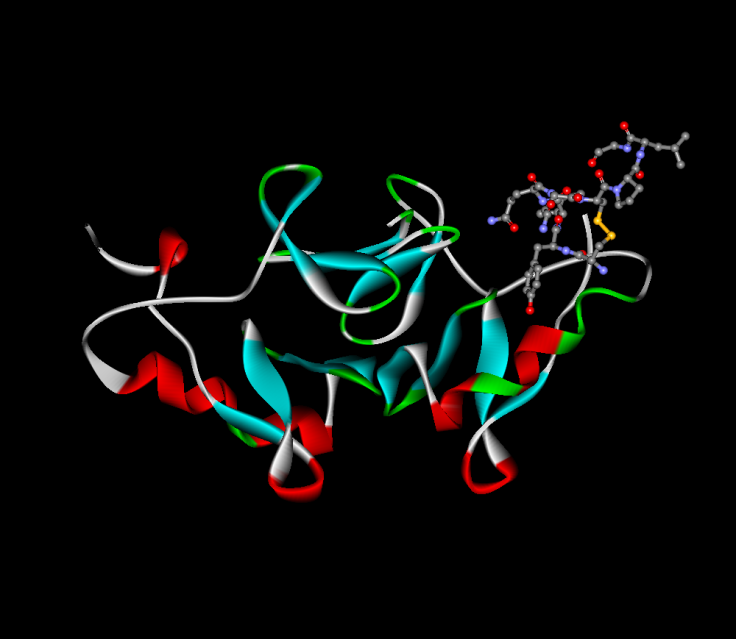Oxytocin as autism treatment: There's definite cause for hope, but don't jump the gun

Oxytocin will one day lead to a breakthrough in the treatment of autism, but that time is not here yet, an expert has said.
Larry Young, from the Department of Psychiatry Emory University School of Medicine, spoke about the use of oxytocin as a treatment for autism in a paper published by Science, in which he weighed up the current evidence.
Oxytocin is the molecule that helps mothers to give birth and later focus her attention on the baby. Years ago, researchers found the molecule helps the brain to focus attention on another individual, leading many to believe it could be key to finding a treatment for autism, where one of the key characteristics is being unable to see other people as important.
In the paper, Young, along with co-author Catherine E Barrett, said that at present trials have produced inconclusive results about its use. While some show modest improvements in social function, others have not. It is currently administered through a nasal spray – a method Young believes is not ideal.
Speaking to IBTimes UK, Young said another problem with current methods of drug delivery is the blood brain barrier, which stops many molecules from getting into the brain: "The way people have tried to get around it is through this intranasal spray. Some gets into the brain, but we don't know how much. I don't think it's anything like what a mother experiences when she's nursing her baby, so we're not getting the full potential."
He said he believes the best approach is to use oxytocin in combination with behavioural therapy: "We think targeting the oxytocin system when it's combined with therapy that will make the child's brain pay attention to the therapy more and get more out of it."

However, and more importantly, he said parents looking for a treatment should not jump the gun on possible drugs before they are ready.
"There's a history in autism research where whenever there is something that shows positive effects, many parents get all excited and want to try it for themselves. What we want to bring out is that while there is a lot of potential, there are a lot of caveats and we're not at the point where you can just got out and take this drug."
Parents of children with autism are desperate to find something to help their child and often turn to the internet to find a treatment. However, many will not have the background to adequately evaluate the scientific literature, especially when it comes to oxytocin.
"There's such a nice biology behind [oxytocin] – it makes sense – if I was a snake oil salesman, I could probably sell you the idea of taking oxytocin," Young said.
"I'm enthusiastic about it but not necessarily about the way it's given now. I think there's potential for that drug for that target. We need to figure out a way to empower this social brain through targeting the oxytocin system but just simply buying a spray over the internet today and spraying it in your child before they go to school is not the solution."
Indeed, using an oxytocin nasal spray on a child before they go to school could make things worse – should they encounter a negative situation like teasing or bullying just after taking it, they will associate the feeling in a negative way. Also, the effects do not last all day.

Another issue involved in oxytocin and autism is the nature of the disorder – it is caused by many genes and a lot of different things can make the brain have problems relating to social situations. Not everyone responds in the same way either.
However, Young said he is "very excited" about the next generation of treatments to be developed with oxytocin and that eventually we will be able to harness the molecule to bring about the same effects as a mother does when she is nursing a baby.
He also pointed out that it is important for parents not to get disheartened when a study comes back with poor results: "There's definite cause for hope but don't jump the gun. I also want to make sure people in the near future when they see some negative results that they don't just throw it out.
"Oxytocin is not a trend or a fad, don't throw it out because the current strategy is not showing big promise, because if we just stick to it and let us do the science, we will be able to work something out that I think will harness that power of the brain that you see in mothers.
"We just have to figure out how to do it and that takes chemistry, time and research."
© Copyright IBTimes 2025. All rights reserved.






















